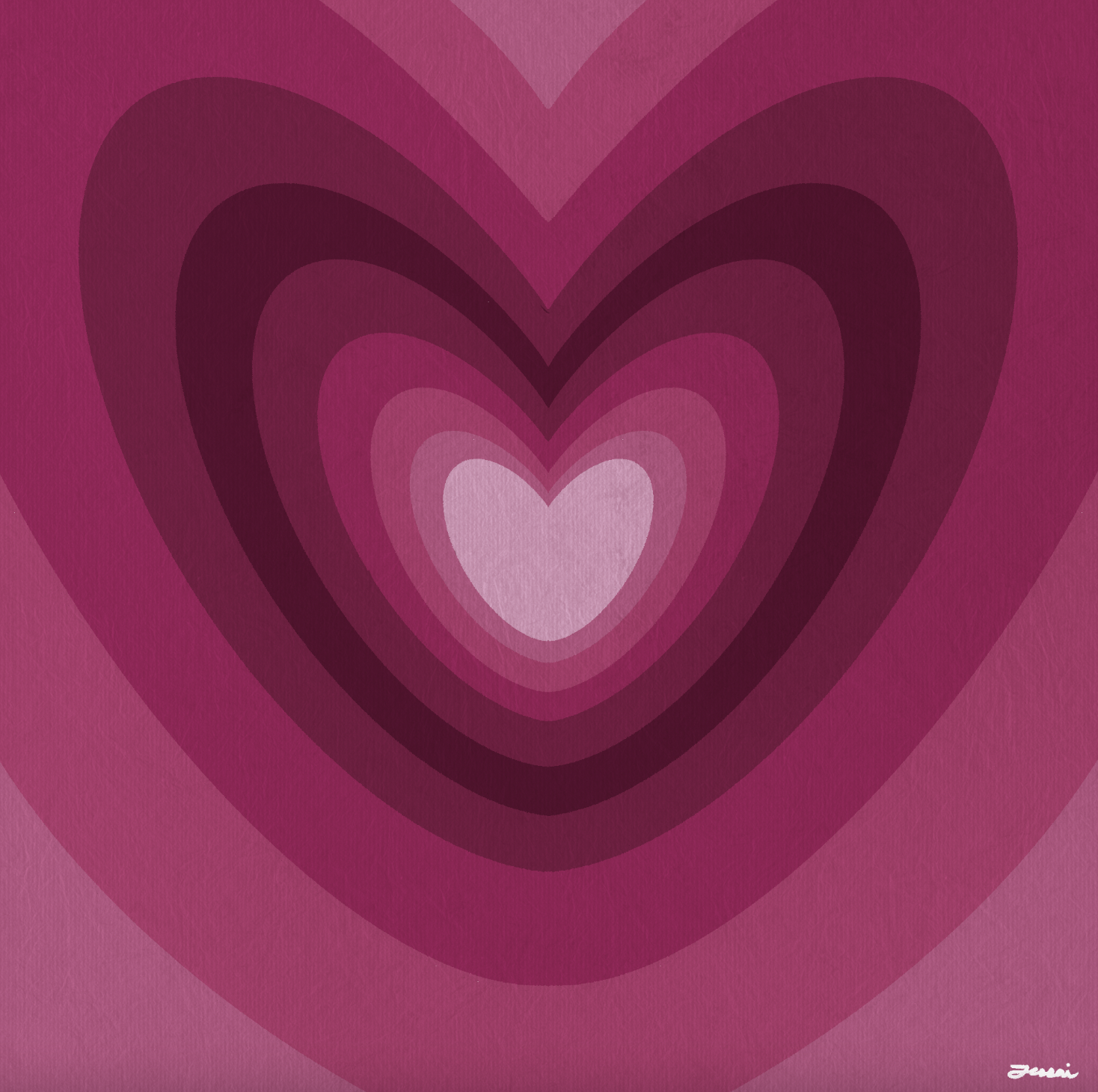
Jessai Flores
When a car crashes, you can’t look away. When a fuschia pink Lamborghini Aventador SVJ speeds off the highway, crashes into a ditch, catches fire and creates an enormous pillar of smoke — now you’re obsessed.
And that is “Love is Blind”.
Now on its fourth season, “Love is Blind” is one of Netflix’s premiere reality TV shows. As is convention for the romance reality TV genre, it relies on casts of petty, absurd characters as they navigate multiple romantic relationships with each other — and subsequently, insecurities, jealousies, scheming and more.
“Love is Blind” adds the unique premise of “blindness” to the overdone genre. The hosts and contestants alike speak of the show as an “experiment” combating the woes of modern dating. Calling upon the classic idiom, this series claims to interrogate whether love, really is, blind. What the series actually accomplishes is a miserable — yet, of course, entertaining — attempt at this experimental design.
The newest season begins with a highlight reel: flirting, romance, sex, proposals, breaking of proposals. The generic pop music intensifies, crescendos with drums, synthesizers and even screams — then comes to a crashing halt.
Hosts Nick and Vanessa Lachay, looking more in love with botox than ever, then introduce the show’s premise to their latest batch of contestants — separately to the men and women to maintain their heteronormative premise.
“You finally have the chance to fall in love with somebody based solely on who you are on the inside,” Vanessa proclaims, upbeat pop music accompanying her optimistic words. Contestants look up at her and Nick, determined, nervous, eager. This hope is — at least supposedly — why they’re here.
But then, Nick adds: “And in just four weeks you will be at your wedding. You will have to make the most important decision of your life.”
What?
Here, Vanessa pops the question: “Is love, truly, blind?”
Herein lies the fundamental ridiculousness of Netflix’s “experiment.” A true test of if “love is blind” would explore whether people can actually fall in love without seeing each other. According to a 2011 study by the American Psychological Association, the average male takes 97 days to fall in love, while the average female takes nearly 139. So “Love is Blind” would follow couples getting to know each other over a few weeks. Eventually, they would meet each other, with a steady foundation from all the time they had already spent talking. The show could then turn to their time in the real world, seeing if their sight-unseen love really stood the test of time.
But this, of course, would not be entertaining TV.
Instead, couples have only 10 days to get to know each other in the pods. Once they are “in love,” the contestants propose. And then, they have four weeks to be in the real world before they have to be legally bound to each other. What is this — a 19th-century courtship? A Disney princess movie? Four weeks to meet each other’s families, move in, see if their lifestyles are compatible and plan a whole wedding! Not to mention after dating a dozen other contestants in the pods just a month before saying I do.
You can like someone you get to know sight unseen, be attracted to them in the real world, and very understandably not feel ready for marriage after six weeks of dating. The question here is not “is love truly blind?” but “is love truly speedy?”
The experiment of “Love is Blind” is a joke.
And yet… the result is so cringy, so ridiculous you can’t look away. In season four, the drama reaches all new levels of outrageousness. A triple love triangle keeps you on the edge of your seat — both in the pods and in its explosive aftermath. The women and men’s living quarters are pettier than ever before. One contestant goes from, “I don’t care what you look like,” in the pods to, “You look like something out of a cartoon,” when she first meets her fiance, to, “Every time he touches me I get the major ick,” and breaks up with him almost immediately. And then makes a play at her supposed best friend’s fiance!
The premise is faulty — yes. But the result is quality entertainment. You may not love this show, but you can’t help but watch on, positively infatuated.







